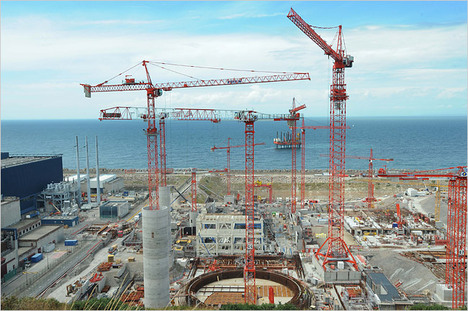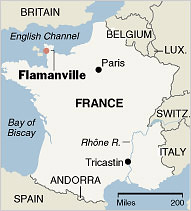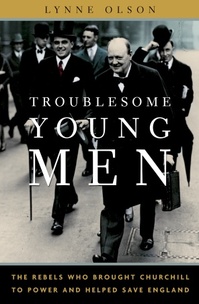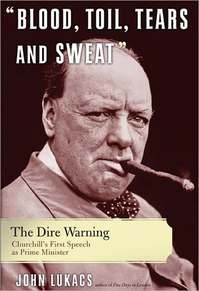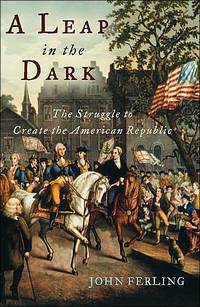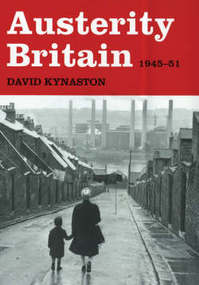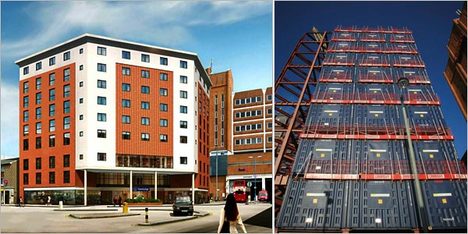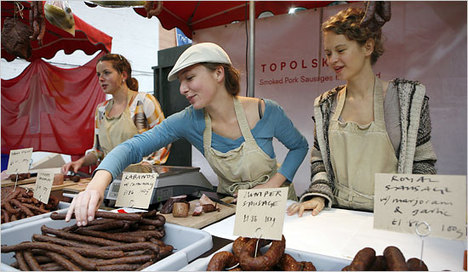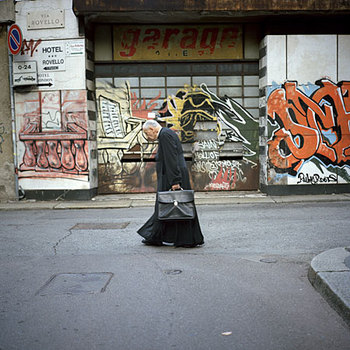Elegant verbal wit is highly entertaining, so long as one is not being skewered by it. I lack the erudition to either affirm or refute the accuracy of Benjamin Disraeli’s wonderful description of rival William Gladstone:
A sophistical rhetorician, inebriated with the exuberance of his own verbosity, and gifted with an egotistical imagination that can at all times command an interminable and inconsistent series of arguments to malign an opponent and to glorify himself.
Source: I first heard part of this description quoted by Patrick Allitt in a lecture on Gladstone and Disraeli. I found the quotation, as well as the attribution below, online at:
http://www.enotes.com/famous-quotes/a-sophistical-rhetorician-inebriated-with-the
Attribution: Benjamin Disraeli (1804-1881), British statesman, author. Speech, July 27, 1878, Knightsbridge, London. Quoted in Times (London, July 29, 1878). Referring to Prime Minister Gladstone. On another occasion, Disraeli said of Gladstone, “He has not a single redeeming defect.”
(Note: I thank Phil Copson for pointing out that in my original posting, I erred in reversing the a and the e in Disraeli’s name. I have now corrected the error.)


